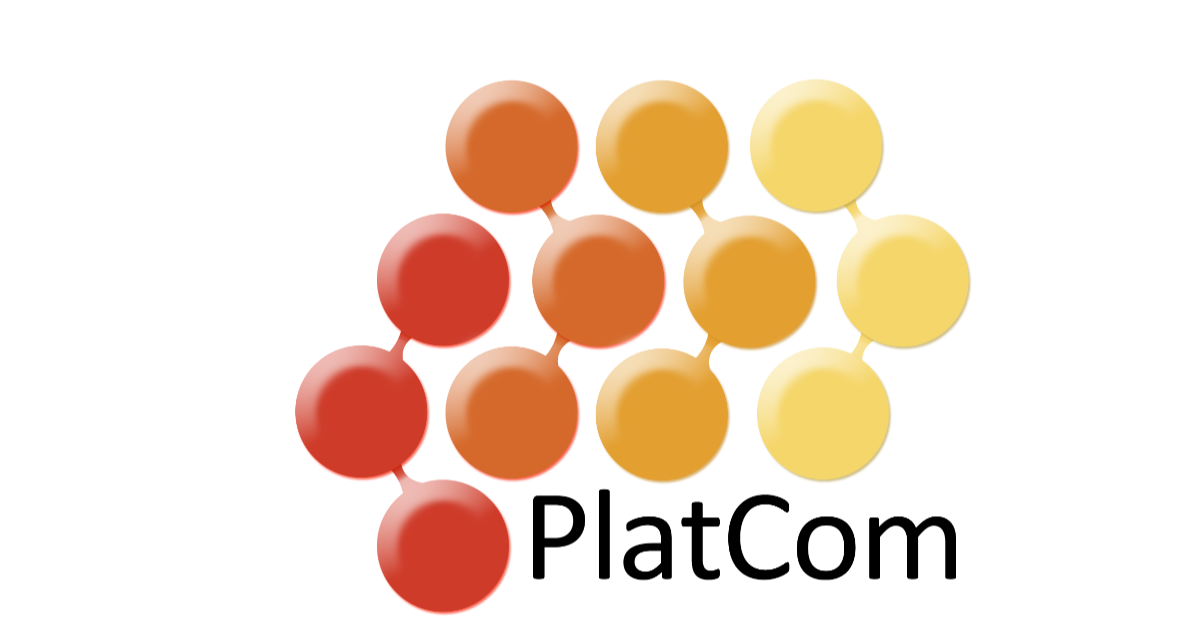Análisis de los mensajes audiovisuales del Tercer Sector en YouTube
Análisis de los mensajes audiovisuales
del Tercer Sector en YouTube
Analysis of the campaign videos posted by the
Third Sector on YouTube
I Arroyo Almaraz
Profesor Titular del Departamento de Ciencias de la Comunicación I Universidad Rey Juan Carlos, España
M Baños González
Profesor Titular del Departamento de Ciencias de la Comunicación II Universidad Rey Juan Carlos, España
C Van–Wyck
Senior Lecturer in Advertising & Marketing, Centre for Public Communication Research. The Media School, Bournemouth University, United Kingdom
Resumen
Introducción. Las redes de la web 2.0 se han convertido en uno de los medios más utilizados por las organizaciones del Tercer Sector. En esta investigación se analizan los aspectos formales, de contenido y de significación de los vídeos emitidos por estas organizaciones a través de YouTube. Metodología. Utilizando como herramienta metodológica el análisis cuantitativo de contenido, se lleva a cabo el estudio de 370 mensajes representativos de este tipo de comunicaciones, con el objetivo de definir los perfiles característicos de estos mensajes audiovisuales. Resultados. Se pone de manifiesto que los vídeos emitidos muestran bajos niveles de creatividad, incorporan mucha información transmitida de una forma clara, con predominio de contenidos explícitos y formatos muy similares. Conclusiones. A partir de los resultados obtenidos, concluimos que estas organizaciones generan una comunicación previsible que tiende a estructuras homogéneas y fácilmente identificables en dos perfiles: Perfil de carácter más informativo (PI) y Perfil de carácter más persuasivo (PP).
Abstract
Introduction. Web 2.0 social networks have become one of the tools most widely used by the third sector organisations. This research article examines the formal aspects, content and significance of the videos posted by these organisations on YouTube. Methods. The study is based on the quantitative content analysis of 370 videos of this type, with the objective of identifying the main characteristics. Results. The results indicate that this type of videos are characterised by low levels of creativity, the incorporation of a great amount of very clear information, the predominance of explicit content and the use of very similar formats. Conclusions. Based on the research results, it was concluded that these organisations produce campaign videos with predictable messages that rely on homogeneous structures that can be easily classified in two types: predominantly informative and predominantly persuasive.
Palabras clave
Mensajes audiovisuales; YouTube; Tercer Sector; Análisis de contenido; redes sociales; Perfiles de mensajes audiovisuales.
Keywords
Campaign videos; YouTube; third sector; content analysis; social networks; Profiles of campaign videos.
Cómo citar este artículo:
Arroyo, I., Baños, M., Van-Wyck, C. (2013) Análisis de los mensajes audiovisuales del Tercer Sector en YouTube, en Revista Latina de Comunicación Social, 68, 328 a-354.
DOI: 10.4185/RLCS-2013-980/CrossRef link
Recuperado de:
http://www.revistalatinacs.org/068/paper/980_Madrid/14_Arroyo.html
This entry was posted in Artículos and tagged Revista Latina de Comunicación Social.

